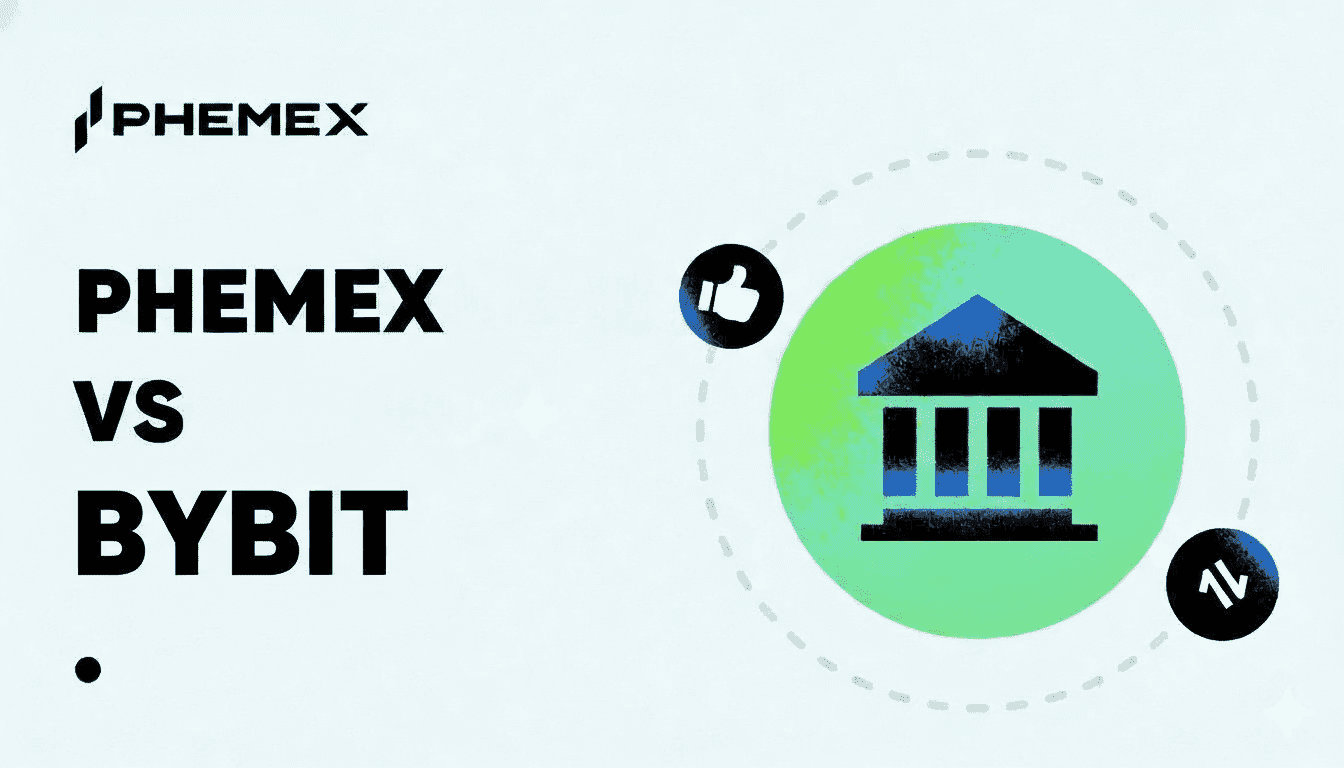The cryptocurrency world has become a natural target for malicious behavior. This is largely because of all the money that has flowed into the industry and all the hype and information overload that has come into the spotlight. Moreover, since digital currencies are new, many people are unfamiliar with the way things work in the industry, which makes them vulnerable to fraudulent activities.
Below we will provide a descriptive overview and brief analysis of the different types of scams that have plagued the industry. This may include things like blackmail, free giveaways, impersonation, malware, in-person meetups, money transfer fraud, phishing emails and websites, ponzi and pyramid schemes, prize giveaways, pump and dump schemes, ransomware, scam coins, and various other more specific examples of crypto scams.

What Are The 13 Most Common Crypto Scams?
1 Blackmail
Blackmail offers when someone threatens you in exchange for your bitcoins. “One common execution of this method,” which is written on bitcoin.org, “is by email, wherein the sender transmits a message claiming that he/she has hacked into your computer and is operating it via remote desktop protocol (RDP).” For example, the sender may say that they have hacked your webcam to record you doing something that you would not want to be released publicly. Therefore, to avoid the consequences you must satisfy the attacker’s demands.
2 Fake Exchanges
As the demand for cryptocurrencies increases along with their prices, people are going to be eager to find “great deals.” Thus, nefarious individuals looking to exploit that anxiety are not creating fake exchanges. These fake exchanges typically function by offering extremely competitive market prices, not found anywhere else.
3 Free Giveaways
This occurs typically when you register for something online in exchange for a free giveaway. It’s at this moment that your personal information like emails, usernames, passwords, etc, are at risk of being stolen.
4 Impersonation
Impersonation happens anywhere on the Internet, especially on social media sites. Impersonators disguise themselves as businesses or individuals that you may be familiar with. For example, they may offer a special deal that’s not available to the general public. Thus, make sure that you are authenticating any offer that comes your way, and be especially cautious with deals that come through direct messages or phone calls.
5 Malware
Malware can be downloaded onto your computer quite easily and without your notice. For instance, some malware programs, which can be downloaded simply by visiting a website, will begin to change the address that you are about to send cryptocurrency to. Another example is cryptojacking. Cryptojacking occurs when you visit a website that has an embedded virus that’s downloaded onto your computer. That virus then beings to utilize your computer’s resources to engage in mining activities.
6 In-person Meet-Ups
Caution may be used when dealing with in-person exchanges. The main risk is that you may receive a counterfeited currency in exchange for your coins.
7 Money Transfer Fraud
Suspicion should be raised when you receive correspondence from individuals explaining that they help with moving money. You may be at risk of not receiving any compensation for your services.
8 Phishing Emails/Websites
Beware of anything, especially emails or websites that request information regarding your cryptocurrencies, such as login information (username, passwords) or what type of platform you use. Also, exercise caution with the apps you’ve downloaded, for they may be attempts to acquire your personal information.
9 Ponzi and Pyramid Schemes
Largely because of Bitcoin’s success and cryptocurrency’s reputation as an alternative to traditional currencies, it’s easy to attract people who are eager to find the next Bitcoin and to make money. This naturally makes people vulnerable to ponzi and pyramid schemes. Thus, make sure to authenticate those whom you’re working with, but in the end, there’s always a risk.
10 Prize Giveaways
Beware of any service that offers a free giveaway in return, for example, personal information like your name, email, address, phone number, and so on. These may be attempts to steal your information.
11 Pump and Dump Schemes
These are attempts to get various individuals to either buy or sell a certain coin in order to change its price so that the individual or group orchestrating the endeavor can most likely, for example, dump their holdings for a profit.
12 Ransomware
This malware typically blocks access to your device or some platform in order to force you to pay a ransom in order to regain access to your device or platform. So beware of anything that requests administrator access or any vital information like usernames and passwords.
13 Scam Coins
These types of coins try to entice people to invest in them so that early holders can push up the price of the coin in order to eventually dump their holdings for a profit. These coins often create a professional-looking website and offer exclusive specials in order to draw attention. So make sure to do research on whatever coin you’re considering investing in.
What Are Some Examples Of The Biggest Blockchain Scams?
There are many examples circulating the Internet claiming to be the “largest crypto scam,” which makes things difficult because they cannot be authenticated. Nevertheless, below are some examples of fraudulent crypto and blockchain activity.
Bloomberg reported that two South African brothers have disappeared, along with $3.6 billion in Bitcoin from a company called Africypt. What happened, apparently, was that there was a so-called “hack,” and as a result of the hack, Africypt’s funds and client funds were transferred out of their accounts to tumblers and mixers (large pools of Bitcoin) to make them untraceable. It’s assumed that the brothers (and perhaps whomever else they were working with) now have the funds.
How To Protect Yourself From Crypto Scams and Fraud?
Below are steps that individuals should take and follow to protect themselves from scams and other types of malicious activity:
- Do not give out your usernames, passwords, or emails
- Do not reveal what platforms you use for buying, selling, or holding assets
- Do not reveal any personal information such as name, address, and phone number
- Use a privacy-oriented browser like Brave
In the end, people must exercise caution and use common sense. The crypto world is brand new, which makes it vulnerable to bad behavior. Many security measures have yet to be fully developed and implemented. Therefore, people must take security into their own hands.








